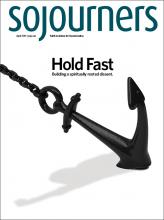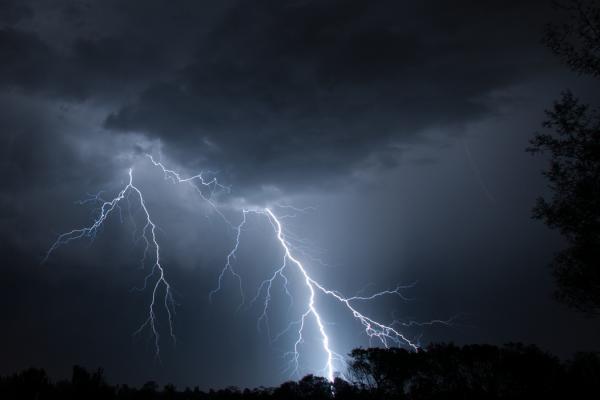THE UNEXPECTED ELECTION of Donald Trump plummeted me into such a mood of disbelief, emotional reactivity, and political angst that I was losing my spiritual center. Responding on Facebook to the latest outrage, while perhaps politically therapeutic, wasn’t satisfying my soul. I needed to become grounded again with my deepest self and with God.
At a lunch with friends from church to process the aftermath of the election, my wife, Karin, said, “Donald Trump is going to say or do something every day that will arouse us emotionally. And we can’t allow ourselves to be stuck in that place of continuous arousal, responding to him. We have to find safe spaces to support proactively the things we’re called to do.”
More than any in recent memory, this election has sent a spiritual disturbance rippling through society and people’s lives. For many followers of Jesus, and especially those who are not white evangelicals, Donald Trump’s presidency has come to feel like more than a disagreeable political program; rather, it directly contradicts and threatens the integrity of their Christian faith and undermines its public witness. The values underlying the Trump administration, co-mingled with a personality that is narcissistic, pugilistic, and vindictive, has become an assault on what Christian ethics teaches and what we hope our lives stand for.
The inner lives of many have been thrown into spiritual disequilibrium. Even while we search for political responses and may find encouragement in the unprecedented mobilization of the millions marching on every continent, we need to discover the roots for resistance and creative public engagement that can be spiritually sustained for the long run.
I’ll put it this way: When they go low, we go deep.
Read the Full Article

